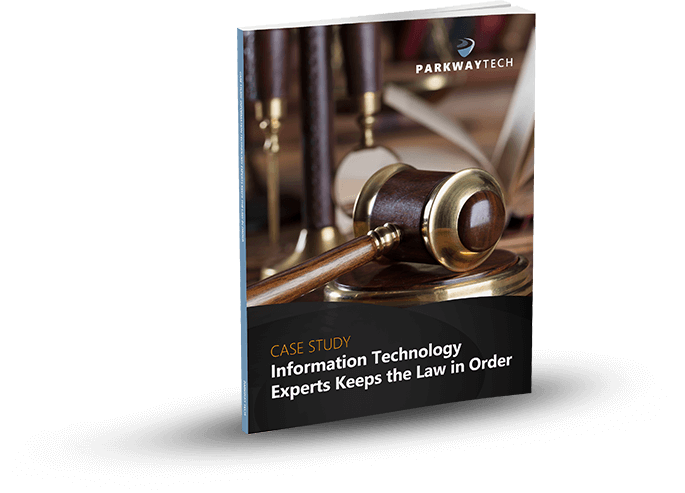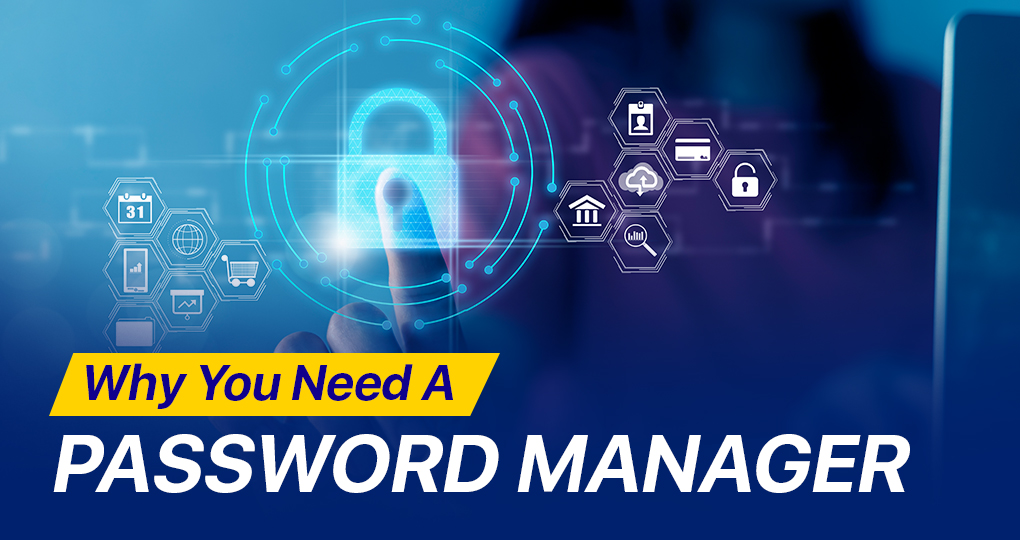Parkway Tech’s Chris Michalec To Be Chairperson Of The NC Bar Association Small-Firm Technology Committee
We’re proud to announce that starting July 1st, Our Founder and CEO Chris Michalec will be Chairperson for the North Carolina Bar Associations’ Small-Firm Technology Committee. Chris will be a great addition to the Committee with his expertise in Legal IT Technology.
And now with the NC Association proposing mandatory technology CLE credit, Chris and the team at Parkway Technology Solutions will be a great resource for attorneys who need help brushing up on their tech expertise.
For years, Chris has worked with law firms to help them develop a technology strategy that supports their growth. Chris and our experienced team not only manage computer systems and networks, but we deliver guidance and implementation support. We understand that every law firm is unique and we know that they not only rely on their computers but on their case management systems. From Clio to Time Matters, Chris and our team help law offices throughout North Carolina reach their growth targets to better serve their clients.
With the new CLE requirements, Chris can help small law firms ensure they get the information they need to understand and use today’s most current and innovative legal IT solutions. Solutions like:
- Up-to-Date Software for law firms that facilitates document management, financial management, and case management systems.
- Secure Data Storage & Backup that protects intellectual information and property by storing them on enterprise-based onsite and private cloud systems. Documents are easily recoverable no matter the situation.
- Email and Data Encryption that protects data at rest (such as on laptops, desktops, portable media, and servers), as well as data in motion (such as over wireless networks, emails, and the Internet).
- Bring Your Own Device (BYOD) solutions so employees can securely use their own personal electronic devices for the purpose of doing business. This greatly reduces the cost of providing electronic equipment and increases productivity and employee satisfaction by allowing for flexible work environments. Attorneys who use their own devices have access to the data they need when they’re not in the office, which greatly improves their productivity.
- Cloud Computing. As new as cloud computing is, it has greatly enhanced capabilities for legal organizations. With a virtual storage system, your attorneys and paralegals can store docs in a secure IT cloud environment from any location or device, and at any time. They can view, edit, and modify documents securely without using a corporate network or device. And, with the right software, they can collaborate on documents in real time.
- Language-Based Data Solutions. The processing of “big data” requires purpose-built platforms to handle massive volumes of digital information quickly and effectively. Plus, the data must be enriched so that you and your staff can extract needed insights. Fortunately, software companies have developed language-based solutions that can scan, interpret, and synthesize these written documents. And, with the help of advanced data-parsing technology and document meta-data enrichment, data is readily searchable and can be mined for specific insights that are relevant to your case.
- Artificial Intelligence (AI) and Machine Learning. If you’ve attended legal technology conferences lately, you’re familiar with the term Artificial Intelligence. AI in its broadest sense is where computers handle the “smart” tasks we associate with human decision making. Machine learning, a form of AI, is a technology where we provide computers with the data required for them to learn on their own and become “smarter” over time.
This doesn’t mean that legal professionals will be replaced by AI. While computers may one day be able to perform mundane, repetitive tasks, we’re a long way from this, if ever. What we can use AI for is to help us interact in a conversational way with computer systems, much like you do today with the virtual assistant in your smartphone. Software companies are mapping legal terminology into applications to help us mine data more efficiently and effectively–essentially, allowing us to get the results we need more quickly.
- Data Analytics. Data analytics is the process of examining raw data to help you draw conclusions and support decision making. It is used by many law firms to make better decisions, predict future outcomes, and manage risks. Data analytics empowers us to make better decisions when it comes to legal cases and help us mine massive amounts of data to draw conclusions and insights that weren’t previously obvious.
- Server Virtualization. Server virtualization is becoming commonplace for law firms in North Carolina. It partitions your physical server into smaller virtual machines (VMs) to maximize server resources. Virtualization allows you to virtualize your entire IT infrastructure or just specific aspects of it. The following are some of the benefits it provides:
- Lower Costs: When your law practice migrates physical servers to VMs, monthly power expenses and cooling costs are greatly decreased. In addition, with server consolidation, you’ll reduce the size of your data center footprint. You’ll need fewer servers, networking gear, and racks, lowering both your hardware and maintenance costs. In addition, purchasing new hardware to support additional business applications won’t be necessary. Instead, you can just add a new virtual server.
- Business Continuity: Virtualized servers offer live migration, so contents can be migrated to another server when you need to perform specific tasks without shutting them down. With live migration, downtime is no longer an issue. You can ensure your data is always available even if a server shuts down, so business continuity is greatly enhanced.
- Simplified Transition To The Cloud: If you’re considering moving your data permanently to the Cloud, the process is a lot less complex when virtualizing your servers. The data stored on virtualized servers is already free from hardware, so making the transition to a hybrid or private cloud is simple.
Chris will be a great addition to the NC Bar Associations’ Technology Committee. And along with the team at Parkway Tech, he’s looking forward to helping law offices in North Carolina grow and prosper with the right technology.
call us at 336-310-9888 or email us at: sales@parkwaytech.com
Can Your Legal IT Services Firm Keep Law & Order With Your Practice’s Technology?

Learn how Parkway’s Legal IT Services helps firms across North Carolina achieve better results.
Click Here
Download Our Free Report



